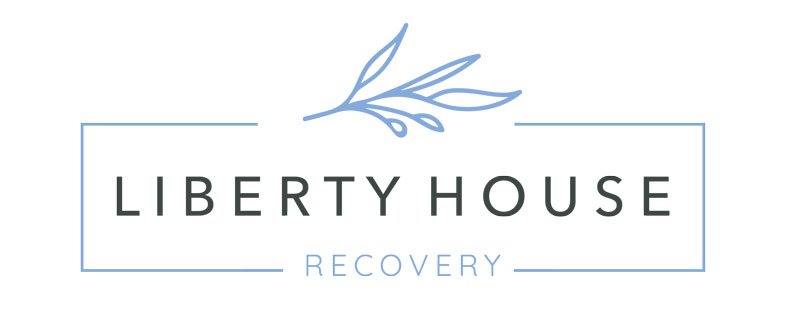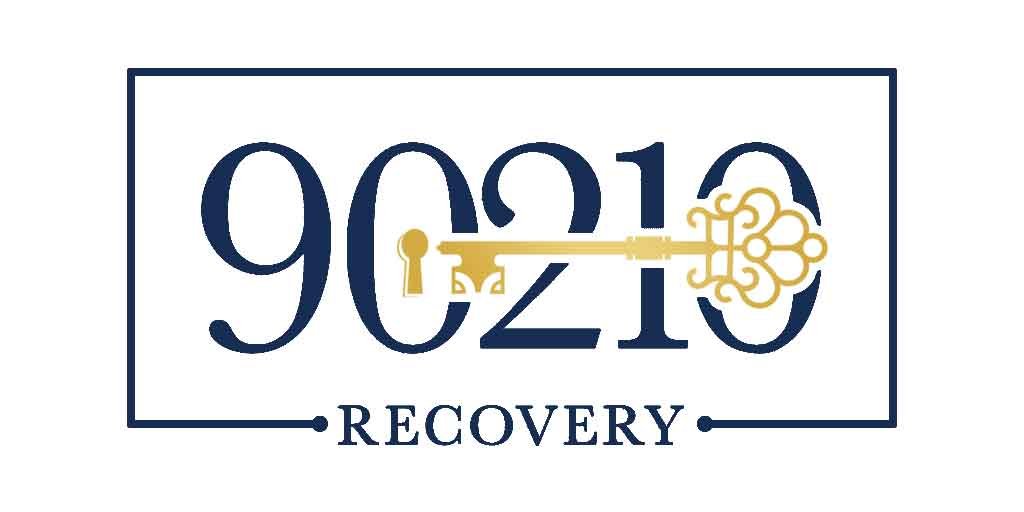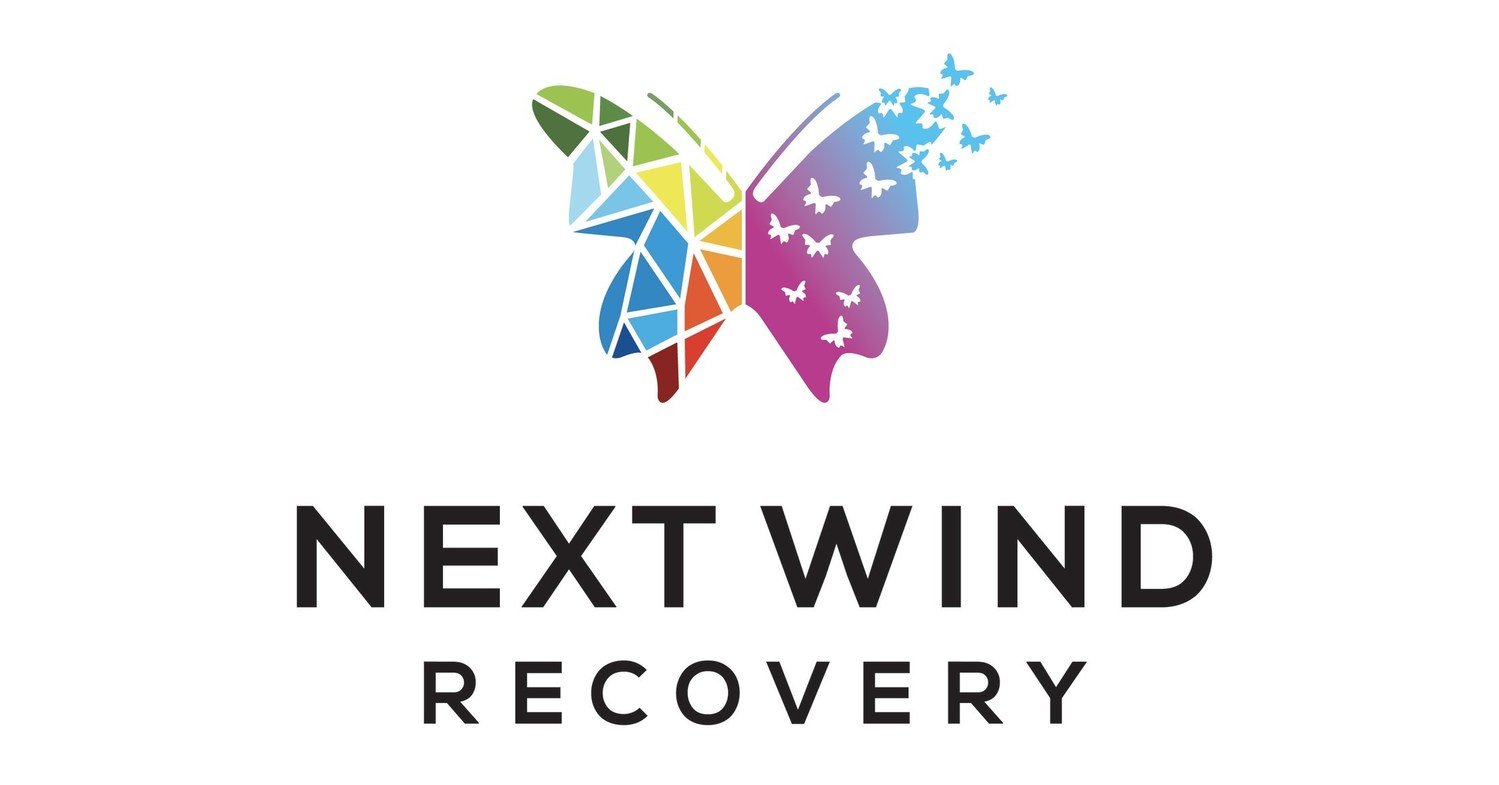Want to launch a top-tier rehab center? One of the fastest ways to earn credibility, attract clients, and meet compliance standards is through Joint Commission accreditation.
If you're just starting out and wondering how to build trust with insurers, clients, and regulatory bodies, you're not alone. Many new rehab owners ask the same thing: how can I ensure my facility is both legal and trusted?
The answer is simple: get JCAHO accredited.
At The Drug Rehab Agency, we help new facility owners across the U.S. navigate the accreditation process, meet healthcare compliance requirements, and build treatment centers that thrive. Keep reading to learn how getting JCAHO accredited can transform your rehab center's future.
Why Joint Commission Accreditation Matters
The Joint Commission (formerly known as JCAHO) is the gold standard for healthcare organizations, including substance use treatment centers. Their seal of approval tells patients, insurers, and government agencies that your facility meets rigorous standards.
JCAHO accreditation is not required by law in most states, but it opens doors. It does the following:
Boosts your eligibility for insurance reimbursements
Builds client trust
Proves your commitment to quality care assurance
Accreditation Sets You Apart
Opening a substance use treatment center without understanding these expectations can leave you at risk of failing audits or losing funding opportunities. For those learning how to open a drug rehab, you need to know what makes an accredited center stand out:
Strong clinical practices
Safe, secure environments
Measurable outcomes
Trained, qualified staff
Strict documentation procedures
What Is JCAHO Accreditation?
JCAHO accreditation is a formal recognition that your rehab center meets national performance standards set by the Joint Commission. These include:
Patient safety
Care quality
Documentation
Staffing
Infection control
Data-driven improvements
Your facility must pass a survey conducted by Joint Commission reviewers. This process checks everything from your building's safety layout to how you document treatment plans.
Accreditation is not a one-time task. It's an ongoing commitment to high standards.
Many facilities use accreditation as a way to establish a framework for long-term growth. By using these benchmarks, your center can create internal systems that improve outcomes and streamline operations.
Joint Commission Standards to Know
Understanding what the Joint Commission looks for can help you design your program with confidence and clarity. The Joint Commission standards cover a wide range of areas, but for rehabilitation accreditation, some core categories include:
Environment of care: Clean, secure, and therapeutic settings for patients
Leadership and governance: Effective management and clear roles
Human resources: Trained and credentialed staff, ongoing education
Information management: Secure and accurate medical records
Performance improvement: Systems to track and enhance care outcomes
Infection control: Strict hygiene and patient safety measures
Your center must meet or exceed these requirements to earn accreditation. These standards evolve with time, so facilities must stay current to maintain their accreditation status.
Accreditation Process Steps
Many first-time rehab owners feel overwhelmed by the process. Here's a simplified view of the key accreditation process steps.
1. Preparation and Training
Learn the standards and assess your current readiness. The Drug Rehab Agency offers expert training to guide this phase and help your team prepare for the expectations set by the Joint Commission.
2. Policy and Procedure Development
Draft and implement policies aligned with Joint Commission standards. Then, create manuals, compliance documents, and forms that reflect these standards to ensure operational consistency and compliance.
3. Mock Surveys
Internal audits can help you uncover operational weaknesses and training gaps. Conduct internal reviews to catch gaps before the real survey.
4. Application Submission
Before applying, make sure your facility is ready to meet the specific standards for your chosen program. Apply through the Joint Commission's site and select your program type.
5. On-Site Survey
A team of surveyors visits your center for a full review. During this visit, they conduct interviews, review your documentation, and tour your facility to assess compliance with Joint Commission standards.
6. Post-Survey Follow-up
Surveyors will provide detailed feedback on any areas that do not meet the required standards. If any gaps are found, you'll submit corrective actions.
7. Accreditation Granted
Receiving accreditation is a significant milestone that validates your commitment to high standards. Once approved, you receive a seal that is valid for three years, with periodic checks.
Benefits of Getting JCAHO Accredited
Getting JCAHO accredited is more than a box to check. It's an investment in your reputation and operations.
Here's what you gain:
Competitive advantage: Stand out among other treatment centers in your region
Insurance partnerships: Most payers prefer or require accreditation
Operational excellence: Accreditation forces you to run at a higher standard
Increased client trust: Families and patients choose accredited facilities
Risk reduction: Clear protocols reduce liability and legal risks
Funding access: Grants and government contracts may require it
Accreditation vs. State Licensing
Licensing and accreditation are not the same thing. While licensing grants legal permission to operate, accreditation ensures your facility delivers care that meets nationally recognized standards. You need both.
Licensing allows you to operate in your state legally
JCAHO accreditation proves your facility meets high-quality clinical standards
In some states, JCAHO accreditation may even streamline the licensing process or substitute for it.
For instance, in California, where The Drug Rehab Agency is based, accredited centers often get fast-tracked through state approvals.
When Should You Start the Accreditation Process?
Start planning before you open your doors. Ideally, your first few hires, policies, and vendors should all align with Joint Commission standards. This saves you from expensive rework later.
If you've already opened your facility, it's not too late. You can still align your center and prepare for your first survey.
Working with experienced consultants, like The Drug Rehab Agency, can speed up the timeline and ensure nothing is missed.
Ready to Get JCAHO Accredited?
Getting JCAHO accredited is the smartest move you can make when opening a substance use treatment center. It helps you meet healthcare compliance standards and proves your dedication to quality care assurance.
At The Drug Rehab Agency, we offer full-service consulting to help new and growing treatment centers succeed. Whether you need help getting licensed, building your clinical program, or passing your survey, we're here for you. With fewer than 10 experts, we're fast, responsive, and deeply invested in your success.
Contact The Drug Rehab Agency today and get expert support on the road to accreditation.








